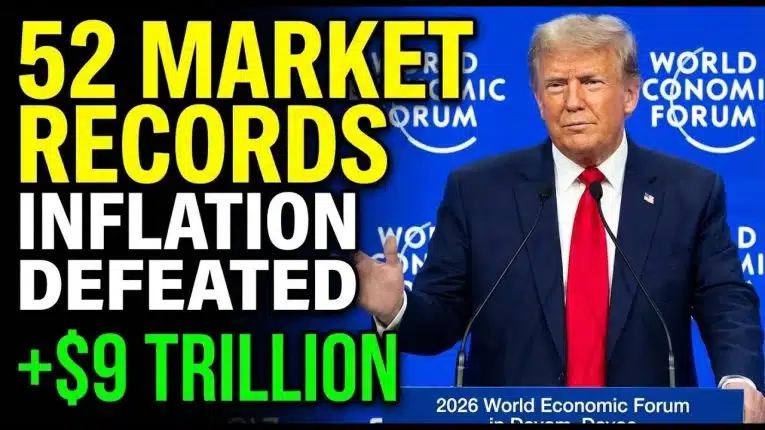By Robert Romano – Europe is at a crossroads in its sovereign debt crisis, and it has two choices going forward: 1) to create a European superstate, or 2) to dissolve the euro and restore national sovereignty for European nation-states.
One road leads to fiscal union, and the European Central Bank behaving much as the Federal Reserve does in the U.S. to monetize debt.
Although such a system would allow the most profligate states that would then shift their debts onto the continental government, Greece, Portugal, Ireland, and others would still not net beneficiaries of such a system. Their nations’ fiscal policies would forever be under the thumb of Brussels.
Thriftier nations that borrowed the least would also be made to pay off the creditors of the nations who had borrowed the most, a redistribution of wealth. They would also pay for it in the form of higher inflation a devaluation of their own assets.
Worse, they would lose control over their economic fates as nations to the central government, which would set fiscal policy, tax policy, monetary policy, and trade policy.
So, in the European superstate, both the fiscally responsible and irresponsible have the most to lose. This road leads away from national sovereignty — and individual liberty. It is the road to serfdom.
The other road, dissolving the euro, leads back to sovereignty — and prosperity.
Comparatively, dissolution of the monetary union would be the more equitable — and efficient — outcome for troubled sovereigns like Greece, Ireland, Portugal, Spain, and Italy. Former-euro countries could then reissue their own currencies and work out payment plans for their debts.
This would not necessarily even lead to a technical default if nations chose to devalue their currencies to pay for their debts, although creditors would certainly take a haircut in the form of watered-down payments.
But, so what? These were banks that invested in socialism, public welfare, pensions, and health care expecting to turn a profit. The predictable collapse that ought to follow would in the future disincentive lending money to politicians — a positive outcome for taxpayers and creditors alike.
Nations with better balance sheets would in turn be rewarded with stronger currencies. Germany in particular would be primed to lead a European economic recovery without the ball-and-chain of having to pay the crushing debts of its neighbors.
Cheaper domestic consumer and producer prices alike would make nations like Germany more competitive versus foreign competitors, help to create jobs, and finally fuel a growth-led recovery.
After all, maintaining the euro should only be secondary to fostering a robust, sustainable economic revival in Europe. Europe does not need a euro, and if its existence requires there to also be a debt union, then those nations in particular that are fiscally responsible have every incentive to get out. If the European central banking process for resolving debt remains muddy, difficult, and controversial, then it is better off not existing.
In the end, the single currency is more of a constraint on growth than its founders intended.
Brussels probably believes that it needs a central bank that is more independent and does not need sovereign approval to bail out nations’ creditors. That it should be allowed to devalue the euro at will to pay for profligate spending and borrowing by governments. That it should be able to impose its will on sovereigns whether it be on matters of fiscal policy, credit policy, trade policy, or you name it. That it just needs to raise taxes to pay for all of this additional spending.
That is the road to ruin. The problem in Europe is not that the printing press does not print fast enough, it is that nation-states have unnecessarily exposed themselves to each other’s bad bets.
Undoubtedly, voters in Finland, Germany, and elsewhere, would prefer not to be dragged into the economic abyss by Greece, Portugal, and Ireland. If so, they have a very viable exit strategy at their disposal: Just pull out of the euro and let the chips fall where they may.
Whole financial institutions might be wiped out, but not all of them. There would certainly be restructuring, both locally and on a global scale, but through liquidations and auctions, financial assets will find their ways to the books of other institutions. The strong will survive.
And at the end of that process, Europe would be revitalized by deferring to unique national identities, and individual nation-states that can decide for themselves how strong or weak they want their currencies to be, and how much or little they want to spend. In such a system, savers will be rewarded and spendthrifts punished by market forces.
Which is better than a system that suppresses national initiative, individual liberty, and economic prosperity, where politicians plunder and creditors profit off of government waste.
Robert Romano is the Senior Editor of Americans for Limited Government.






